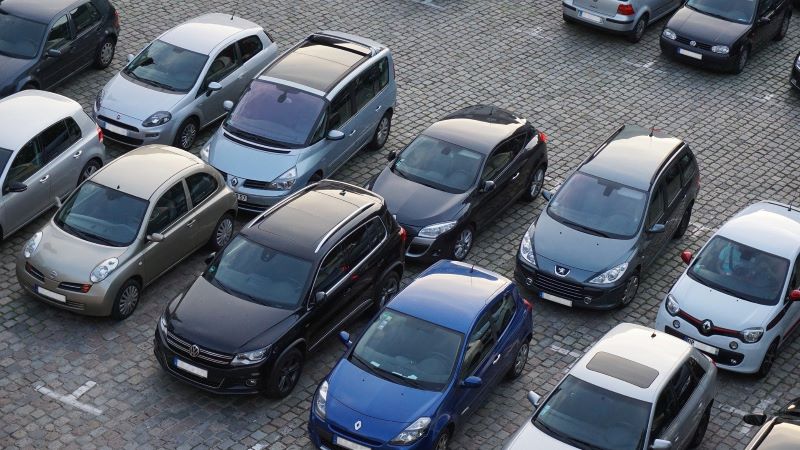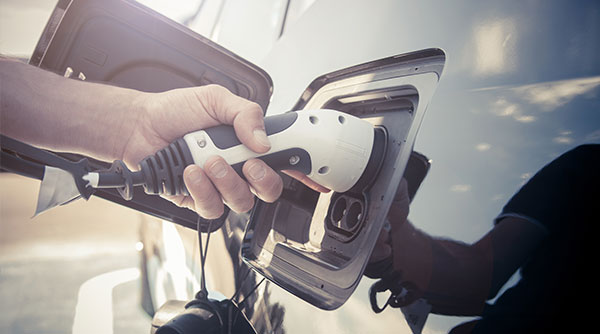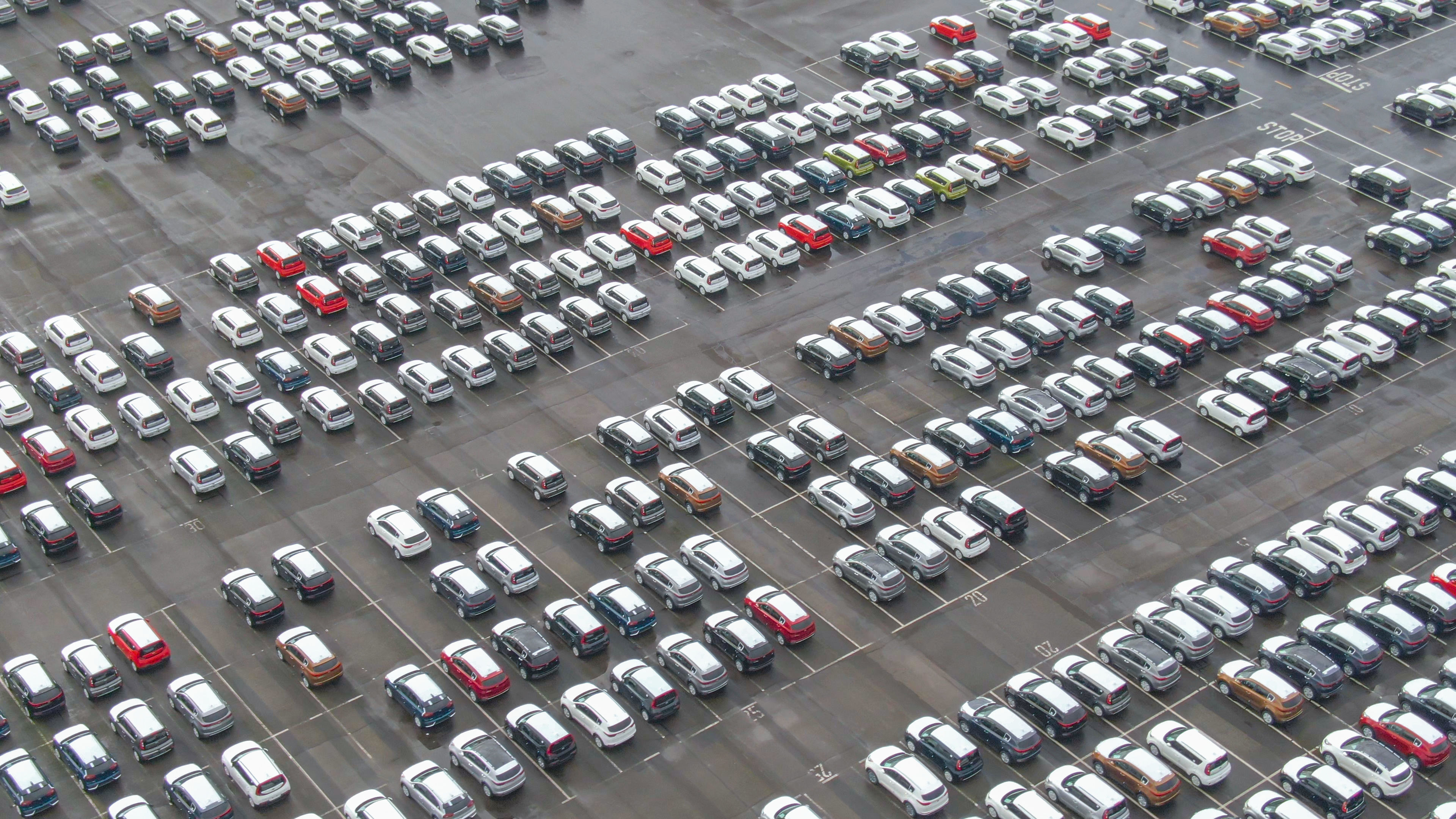In the first half of 2020, the German passenger car market recorded a minus of 35 percent as a result of the corona crisis. In the second quarter the decline was as high as 47 percent. With 1.21 million new registrations after six months, the market is at its lowest level since reunification. Almost 485,000 new passenger cars were registered by international brands in the first half of the year. During this period, the market share of the VDIK members increased slightly to 40 percent (previous year 38.8 percent).
As expected, there was also a significant drop in new registrations in June. A total of 220,300 new passenger cars were registered (minus 32 percent), although June 2020 had two working days more than the same month last year. Without these additional days, the minus would have been around 40 per cent.
Reinhard Zirpel, President of the Association of International Motor Vehicle Manufacturers said: “The corona pandemic has led to a historically unprecedented slump in the German passenger car market. The decline in new registrations is far more serious than during the financial crisis. The industry is now hoping that the measures of the economic stimulus package will have an overall impact. Nevertheless, we still have to be seriously concerned about many companies and jobs”.
Alternative drives
The alternative drives recorded significant growth rates. The VDIK expects more than 90,000 newly registered electric vehicles for the first half of the year, which is an increase of about 90 percent. Among them were more than 43,000 passenger cars with battery electric drives (plus 40 percent). In addition, more than 47,000 plug-in hybrids were newly registered, which represents an increase of around 190 percent. Electric cars are expected to account for around 1 percent of the total passenger car population in Germany by the end of the year.
Private market and diesel
At 426,000 vehicles, private new registrations in the first half of the year were down 36 percent, slightly less than the overall market decline. Private new car buyers thus account for 35 percent of all new registrations. For the second half of the year, the VDIK assumes that the private market will develop better than the overall market, because the additional tax reduction and the related offers will primarily reach private buyers.
With a minus of 37 percent, the market for diesel passenger cars declined even more than the overall market. A total of 383,400 diesel passenger cars were newly registered in the first six months of 2020. The diesel share in the first half of 2020 was 32 percent (first half of 2019: 33 percent).
Commercial Vehicles
The commercial vehicle market was also hit hard by the Corona crisis. In the first half of the year, the number of new registrations fell by 29 percent to 152,100, and the number of heavy commercial vehicles even fell by over 40 percent. The European fleet renewal program for heavy commercial vehicles advocated by the German government would therefore be a sensible contribution to market stabilization.
Forecast
After the disastrous first half of the year, the VDIK expects a second half of the year, which, with 1.6 million new passenger cars, could be roughly at the long-term average level. In the year 2020 as a whole, a volume of around 2.8 million new registrations would then be achieved. This would be the lowest level since reunification and a year-on-year decline of a good 20 percent. Zirpel continues: “This forecast is based on the assumption that there will be an overall economic recovery in the second half of the year.





